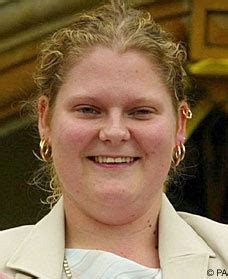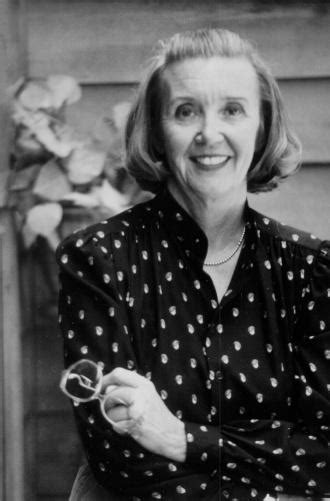A Quote by Paul Lisicky
I think the most reliable way to teach it is through reading work aloud over and over. Many prose writers been encouraged to do that, but that might be changing. Denise was the one who taught me to develop my ear. I never knew how to listen to writing until she started reading her work to me.
Related Quotes
I suppose she chose me because she knew my name; as I read the alphabet a faint line appeared between her eyebrows, and after making me read most of My First Reader and the stock-market quotations from The Mobile Register aloud, she discovered that I was literate and looked at me with more than faint distaste. Miss Caroline told me to tell my father not to teach me any more, it would interfere with my reading.
Close reading of tough-minded writing is still the best, cheapest, and quickest method known for learning to think for yourself... Reading, and rigorous discussion of that reading in a way that obliges you to formulate a position and support it against objections, is an operational definition of education... reading, analysis, and discussion is the way we develop reliable judgment, the principle way we come to penetrate covert movements behind the facade of public appearances.
He took her in his arms right away. "I'm so sorry," he murmured in her ear. He rocked her, saying it over and over. But no matter how many times he said it, no matter how much she knew he meant it, the words stirred around in her ear but didn't get into her brain. Sometimes he could comfort her. Sometimes he said what she needed, but today he couldn't reach her. Nothing could.
I read continually and don't understand writers who say they don't read while working on a book. For a start, a book takes me about two years to write, so there's no way I am depriving myself of reading during that time. Another thing is that reading other writers is continually inspiring - reading great writers reminds you how hard you have to work.
I think that very often younger writers don't appreciate how much hard work is involved in writing. The part of writing that's magic is the thinnest rind on the world of creation. Most of a writer's life is just work. It happens to be a kind of work that the writer finds fulfilling in the same way that a watchmaker can happily spend countless hours fiddling over the tiny cogs and bits of wire. ... I think the people who end up being writers are people who don't get bored doing that kind of tight focus in small areas.
I believe it's impossible to write good poetry without reading. Reading poetry goes straight to my psyche and makes me want to write. I meet the muse in the poems of others and invite her to my poems. I see over and over again, in different ways, what is possible, how the perimeters of poetry are expanding and making way for new forms.
By believing that only some of our students will ever develop a love of books and reading, we ignore those who do not fall into books and reading on their own. We renege on our responsibility to teach students how to become self-actualized readers. We are selling our students short by believing that reading is a talent and that lifelong reading behaviors cannot be taught.
Our mother always taught us to be in control of our voice and our bodies and our work, and she showed us that through her example. If she conjured up an idea, there was not one element of that idea that she was not going to have her hand in. She was not going to hand that over to someone. And I think it's been an interesting thing to navigate, especially watching you do the same in all aspects of your work: Society labels that a control freak, an obsessive woman, or someone who has an inability to trust her team or to empower other people to do the work, which is completely untrue.
It's very rare that you get to play a character over the course of so many films. Bella meant a lot to me and she will always be such a formative event in my career. I grew up with her and she and I have been on this great journey together. I also see many parallels between her evolution and my own because I lived through so many things along the way while playing Bella and having this connection to so many people involved in making the films over the years. It would be impossible for me to separate my world from Bella's.
The only time I felt I was different was when one of my friends said, 'I hate reading' and I stared at her like, 'What kind of an alien creature are you?!' Because it was so incomprehensible to me that someone could dislike reading! That really started my desire to help other children love reading and writing.





































